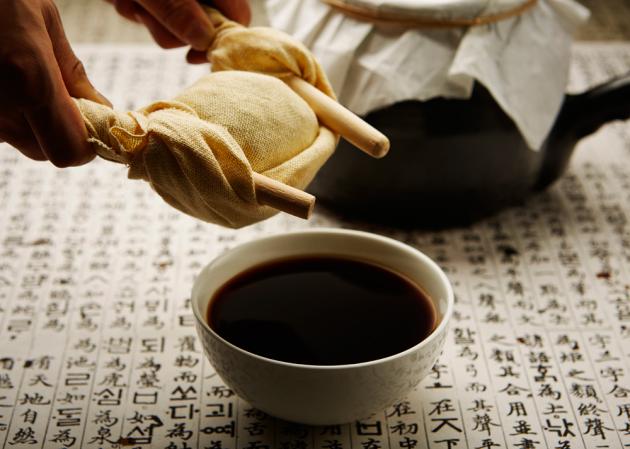Research conducted by Seoul Institute of Health and Environment (SIHE) found high traces of aflatoxin, a carcinogen, in some imported medicinal herbs.
Aflatoxin is a mycotoxin, categorized as B1, B2, G1, and G2. B1 is the most potent toxic substance and is classified as a group 1 carcinogen by the International Agency for Research on Cancer (IARC). WHO research shows there is a high correlation between the daily intake of aflatoxin and the incidence of hepatocellular carcinoma, hepatocellular carcinoma, acute hepatitis and Reye's syndrome.
According to the SIHE’s 서울시보건환경연구원 study, Nelumbinis Seme and spinosus fruit obtained from the Seoul oriental herb market from June to September last year has aflatoxin more than acceptable amounts.
The Korean Medical Association (KMA) 대한의사협회 condemned the result, asked for a full review and re-establish of the overall toxic material acceptance limitation for herbal medicines.

“We need to strengthen the acceptable amount of toxic materials for herbal medicines based on clear and objective evidence,” a KMA statement said. “Authorities concerned should provide safety and quality control systems so that suppliers can handle only Oriental herbal medicine with scientifically proven safety, objectivity, and effectiveness.”
KMA also demanded to make clinical trials mandatory for herbal medicine suppliers as well as call for herb doctors to disclose their prescriptions.
“It is shocking that aflatoxin was found in herbal medicines and standards are lacking for such medications,” said Kim Joo-hyun 김주현, a spokesperson for the KMA. “The government should take steps to make them prepare standards for aflatoxin, which is the first-level carcinogen, for public safety, and to withdraw such herbal medicines from the market.”

